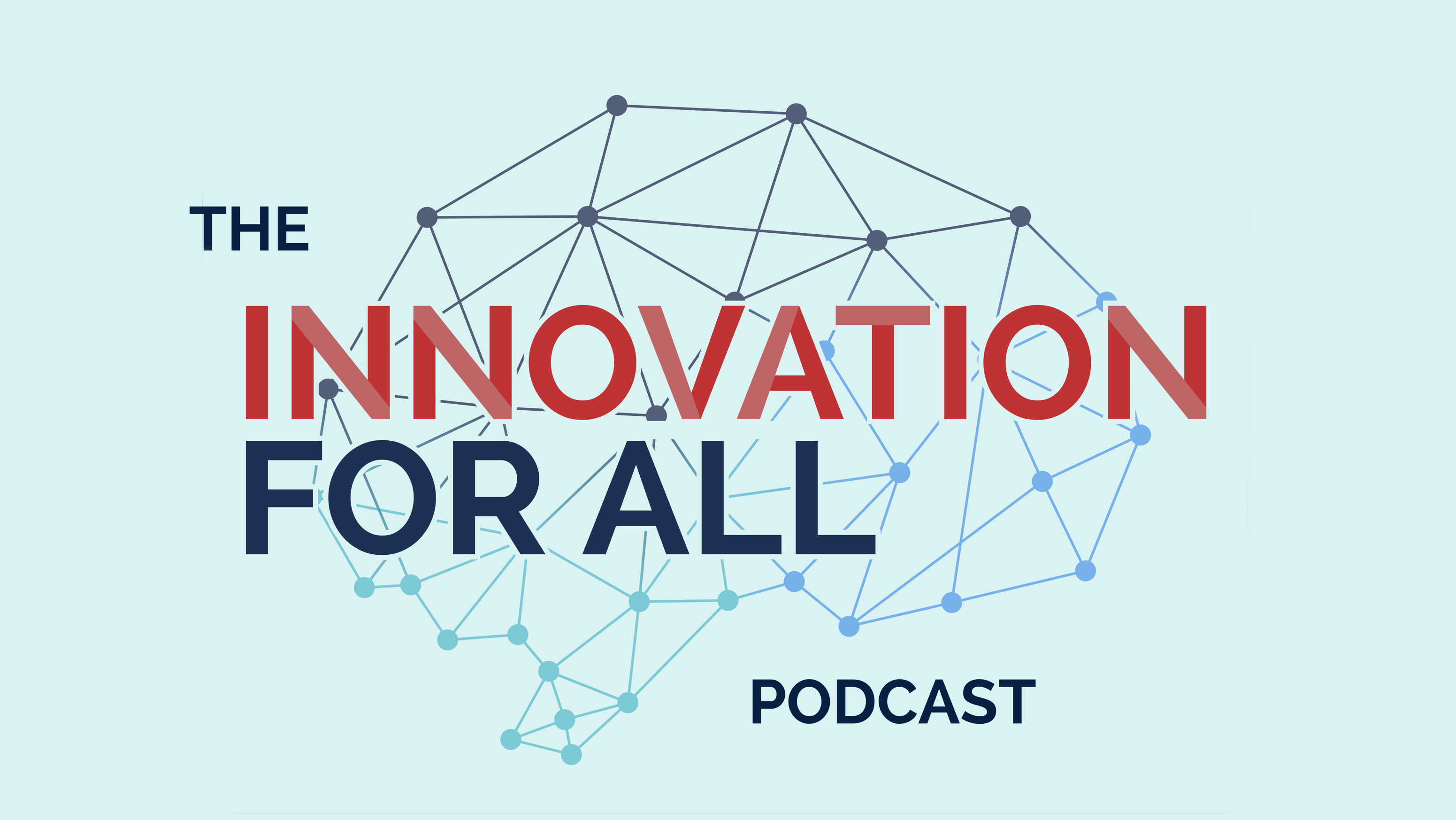
Paul Tasner, Co-founder and CEO of PulpWorks and more recently, Co-founder of Sort, has more than 40 years of operations experience. He has held leadership positions in ventures ranging from start-up to Fortune 100. For the past decade, his focus has been on sustainability. Paul’s corporate affiliations include The Clorox Company, Clif Bar, Method Products, and Hepagen Vaccines. He has authored numerous papers and presentations on supply chain sustainability and currently lectures on this subject in the MBA Programs at San Francisco State University and Golden Gate University as well as the Packaging Engineering Department at San Jose State University. He holds a B.S. in Industrial Engineering from the New Jersey Institute of Technology and a Ph.D. in Mathematics from Boston University.
In this episode you will learn:
- How PulpWorks manufactures packaging for consumer goods using fiber waste
- The story of Paul Tasner starting his first business at age 66
- The perks of being your own boss as an entrepreneur
- The specific challenges PulpWorks faces in securing new customers
- How to pursue investors in the competitive city of San Francisco
- Critical questions to consider for people nearing retirement that want to start a business
- How recycling is an answer but not the answer
- Why Paul is envious of the millennial mindset
- How rejecting plastic can make a difference
- What Extended Producer Responsibility (EPR) is and how EPR regulations could impact society
- Paul’s new tech-based recycling business
Links and mentions:
- PulpWorks
- Paul’s TedTalk: “How I became an entrepreneur at age 66”
Connect with Paul:


